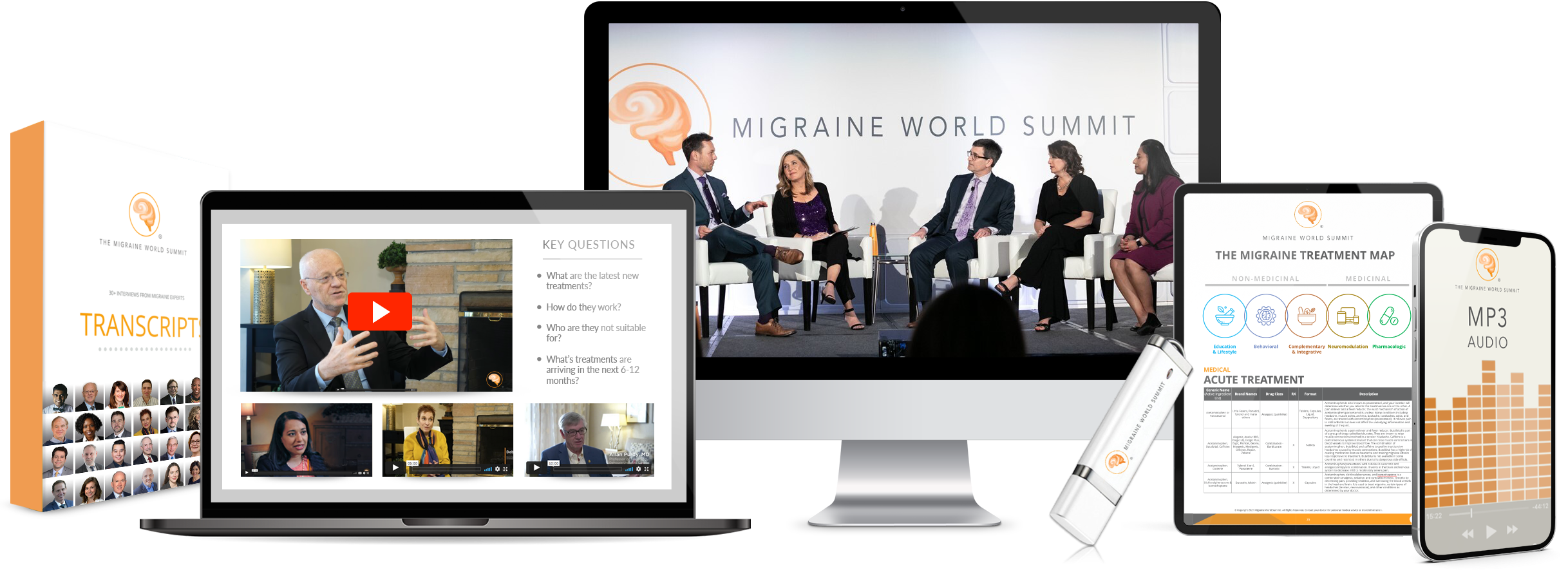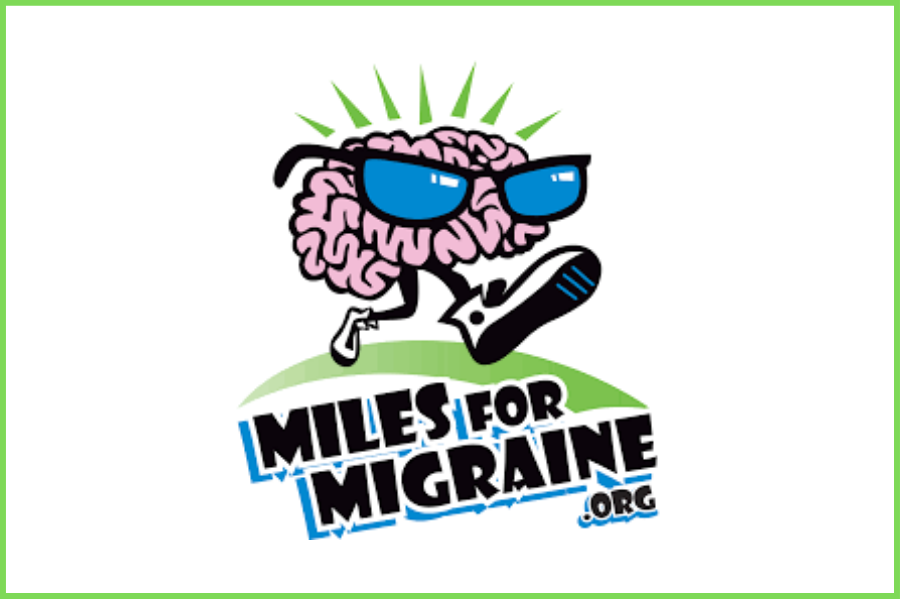Learning How to Sleep Better with Migraine
You are currently watching a preview of this interview. Unlock the full version by upgrading to an Access Pass bundle! Get FREE access to 8 expert interviews from Day 1 and Day 2 when you register today!
Key Questions
- Why is sleep so important for our mental and physical well-being?
- What are the benefits of good sleep hygiene?
- Are sleep issues common for people with migraine and other pain conditions?
- How can we optimize our sleep?
- What/how/why has sleep changed over the last few decades?
- What is the association between chronic pain and poor sleep?
- How does sleep affect our brain?
- How does sleep deprivation affect us physically and mentally?
- Does having migraine cause insomnia, or do bad sleep patterns increase the likelihood of migraine?
- Can poor sleep increase our sensitivity to pain?
- What are the most common sleep disorders, particularly for those who also have chronic pain?
- Can migraine or migraine treatments increase daytime sleepiness, or is it simply the deficit of quality sleep?
- What steps can be taken to achieve a deeper sleep?
- What is the difference between sleepiness and fatigue?What are some recommendations for good sleep hygiene?
- What can we do when migraine attacks wake us in the middle of the night?
- What should we do when we wake up with morning headaches?
- Is napping recommended?
- What is cognitive behavioral therapy for insomnia (CBT-I), and is it helpful?
- Which natural supplements do you recommend for improving sleep?
- Do you recommend prescription medications for sleep? Are they effective?
Interview Notes
Find more about Alex Dimitriu, MD and his work here:
- Associations Between Sleep Quality and Migraine Frequency
- Full Catastrophe Living by Jon Kabat-Zinn
- Menlo Park Psychiatry and Sleep Medicine
- SnoreLab app
- Why We Sleep by Matthew Walker
Treatments Mentioned
- Alprazolam (Xanax)
- Ashwagandha
- Clonazepam (Klonopin)
- Cognitive behavioral therapy for insomnia (CBT-I)
- Eszopiclone (Lunesta)
- Lorazepam (Ativan)
- Magnesium threonate
- Melatonin
- Zaleplon (Sonata)
- Zolpidem (Ambien)
Please note: The Migraine World Summit’s aim is to bring you a variety of perspectives and expertise, independent of bias or judgment. Alternative theories presented in this video have not been medically reviewed. Views expressed in this interview do not necessarily represent the views of the Migraine World Summit. Please always consult your health care professional and do your own research before making changes to your treatment plan.

Alex Dimitriu, MD
Psychiatrist & Founder
Menlo Park Psychiatry & Sleep Medicine (SiliconPsych)

Get all the 2025 interviews, videos, audio, transcripts, and more. Why upgrade?
- Can’t attend live? Watch anytime
- Prefer reading or listening? Get transcripts and audio
- Want to dive deeper? Explore the additional footage & resources
- Need ongoing support? Reference expert advice year-round
- Lifetime access to 2025, no annual fee
Related Talks for: Day 6 (2022)
Chronic Cluster Headache
Christopher Gottschalk, MD, FAHS
How We Got to Now: A History of Migraine
Katherine Foxhall, PhD
Navigating COVID with Migraine in Europe
Patricia Pozo-Rosich, MD, PhD
Miles for Migraine is a registered 501(c)(3) nonprofit organization with the mission of improving the lives of people with migraine and other headache disorders, and their families, by raising public awareness about this disease, and helping to find a cure. Miles for Migraine produces fun walk/run events, typically a 2-mile walk and 5K and 10K races to raise money for migraine research. We also host adult education days, and a youth program for kids and teens impacted by migraine and other headache disorders.

You can comment at the bottom of each interview page. Most pages have responses from the Migraine World Summit hosts and sometimes from the experts themselves!






